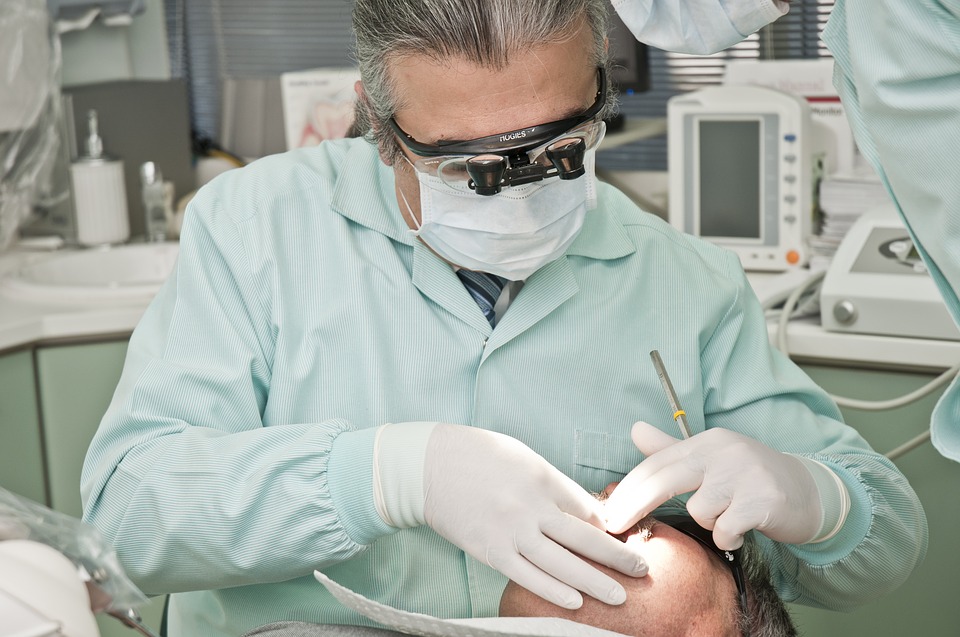
Replacing your missing teeth with partial or complete dentures helps you lead an almost normal life. You can eat regular food, provided the foodstuffs you eat are not too hard. However, it is not a ‘fit-it, forget-it’ case, where once you have a set of dentures fixed you can forget about it. That’s what most people do and this can lead to some problems. It is important that you visit your dentist at least once a year to have your dentures and the remaining natural teeth checked.
How Often Should I Visit the Dentist?
Even people seeking a permanent solution by using denture fixative need to visit their dentists regularly. Fixing dentures with denture adhesive cream has many advantages as you don’t have to keep removing your dentures, nor do they tend to loosen as do regular clip-on dentures. You need healthy gums and underlying bone to support dentures. Prolonged use of dentures makes them ill-fitting and causes damage to the tissues in the gums. All the more reason for people wearing dentures to visit their dentist for check-ups, where he or she will evaluate the condition of your dentures and make necessary changes.
Normally, people wearing dentures do not detect slight changes until the dentures become loose and cause sores due to the friction. While using a denture adhesive solves the problem to an extent, care should be taken while selecting a good brand of denture adhesive. Look for a denture adhesive like Olivafix Gold that is Zinc-free and does not contain petrochemicals which are toxic in nature. It is a known fact that while small quantities of zinc are required by the body, extensive absorption of zinc into the system can cause nerve damage of the extremities.
The Importance of regular dental visits
It is important for everyone to visit the dentist at least once a year. More so for denture wearers, who are prone to oral sores caused by prolonged use of false teeth. A visit to the dentist is advised as he or she will remove the dentures and examine the gums and soft tissues. If any sores are detected, suitable medication will be prescribed and the dentist may also advise you to use a denture adhesive instead of wire clip-ons as they cause friction resulting in sores in the gum tissue.
A person wearing ill-fitting dentures not only runs the risk of getting oral sores, he or she is also prone to certain related health issues like undernourishment. Moreover, ill-fitting dentures restrict your choice of protein-rich foods like chicken, which is difficult to chew. Poor nourishment can lead to loss of weight and general weakness as well as low resistance power to fight infections and diseases. Dentists advice that dentures need to be worn daily and it is more convenient to use denture adhesive which helps keep the dentures firmly in place.
Cleaning and maintaining your dentures helps extend the life of your false teeth. Whenever you remove your dentures make sure that you use the prescribed cleaning liquid/materials. If you have a habit of removing your dentures before retiring to bed, do store it in clean water in a glass bottle.
